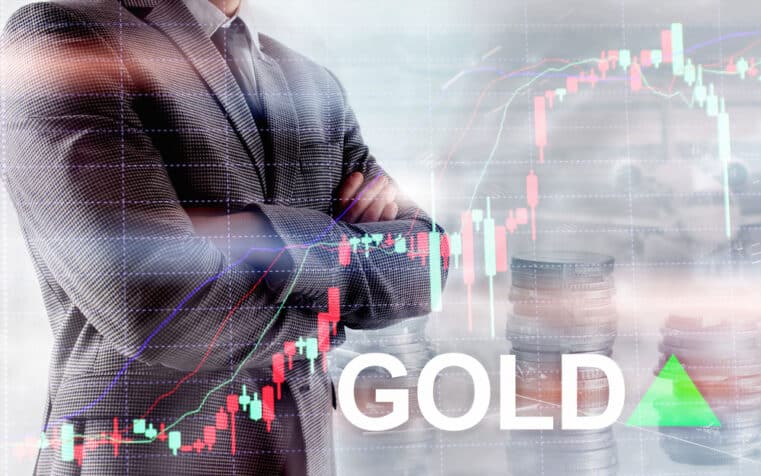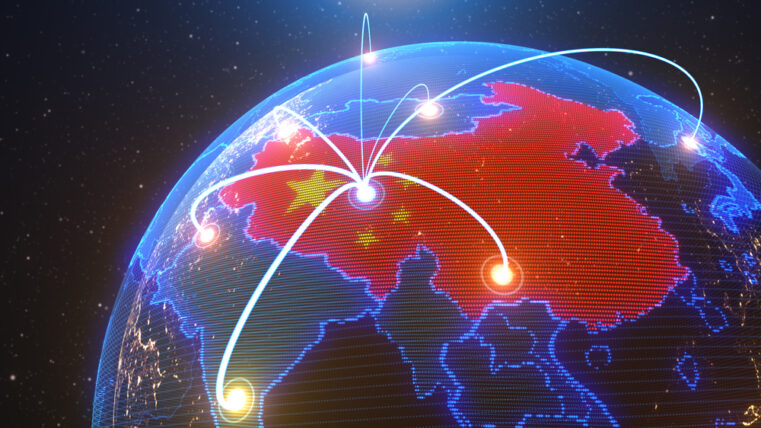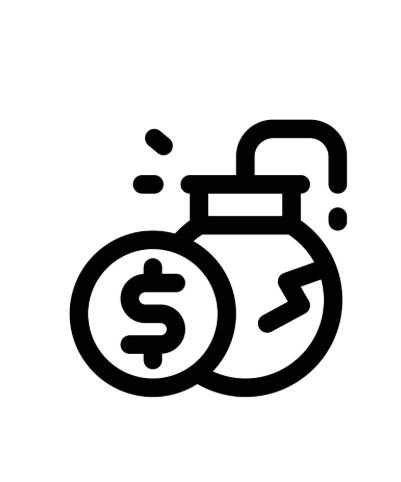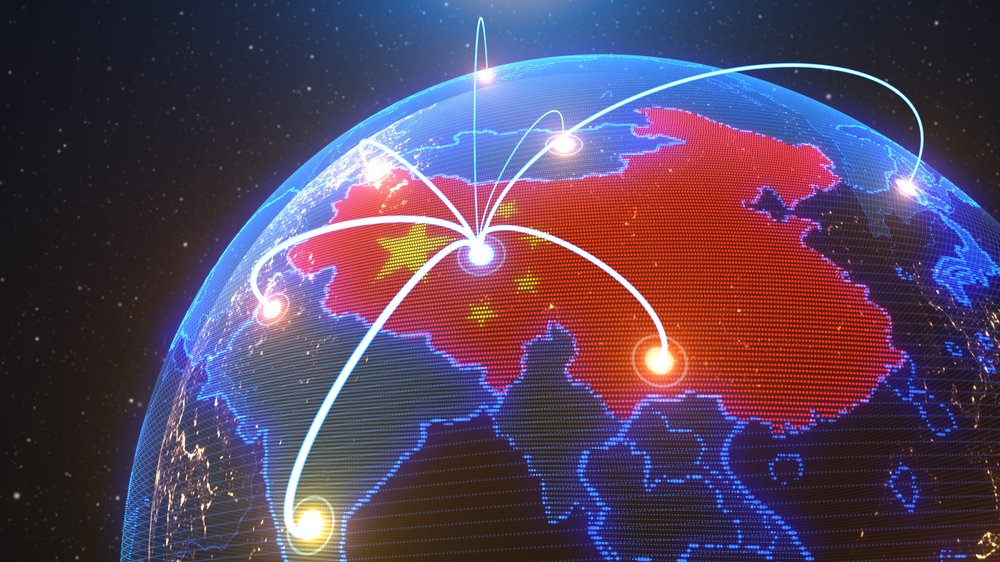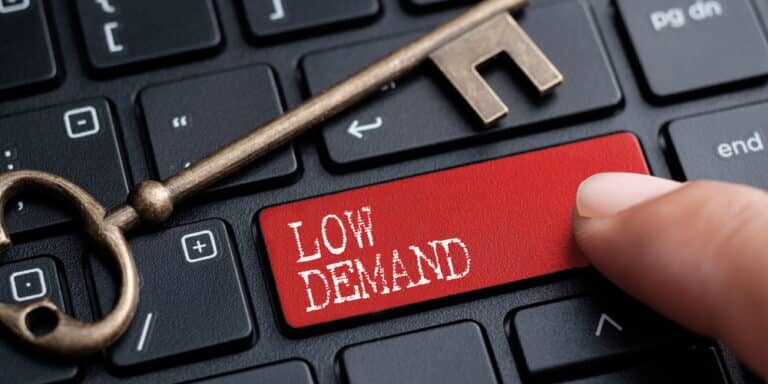
The Silent Collapse of Consumer Confidence: Tariffs, Trade Wars, and the Death of Demand
The Myth of the "Strong Consumer" Is Finally Collapsing
For years, consumer demand was the magician's trick behind America’s post-COVID economic mirage. Trillions in printed dollars, artificially suppressed interest rates, and a binge of home-bound spending gave Washington its favorite talking point: “The consumer is strong.” But now the curtain’s lifting—and what we’re seeing isn’t strength, but exhaustion.
And here’s the kicker: it’s not just inflation anymore. It’s not even the cost of eggs or gas. It's something more systemic—demand itself is cratering. According to the latest survey from the University of Michigan, consumer sentiment is plummeting, and not because people are confused or irrational. They’re seeing the writing on the wall: stagnant wages, layoffs on the horizon, and tariffs that will eat into what little purchasing power they have left.
Stimulus and Lockdowns Fueled a False Boom
Let’s rewind. After COVID hit, Uncle Sam pumped households full of stimulus cash while lockdowns forced consumers to focus on discretionary goods—TVs, furniture, home gyms. This false boom created what Wall Street called "resilient demand." But it wasn’t real—it was borrowed time and printed money.
Now that the sugar high has worn off, reality is settling in. And it’s ugly.
Tariffs Are the Match, Demand Is the Powder Keg
Enter the trade war redux. With Trump’s protectionist policies coming back into the spotlight—and Biden doing little to reverse them—the next shock won’t come from the supply side alone. It’ll come from the consumer side. When tariffs hit, businesses face higher costs, and those costs get passed to you. But this time, the American consumer is no longer flush with cash or optimism. They're tapped out and tightening their belts.
Even the Fed Can’t Spin This
Even the Fed, that eternal cheerleader of the fiat fantasy, is getting spooked. Fed Governor Christopher Waller had to reach for a tired old phrase—“transitory”—to describe the inflationary impact of tariffs. But he couldn’t hide the real concern: capital is freezing. Business investment is drying up. Uncertainty is paralyzing growth. And without confident consumers or willing investors, what’s left to keep the system afloat?
A Demand Shock Is Coming, and It Won’t Be Telegraphed
Here’s the blunt truth: tariffs won’t just jack up prices. They’ll accelerate a demand shock that could tip this already fragile system into a full-blown recession—just as the labor market starts to weaken.
Global policymakers are finally saying the quiet part out loud: we’ve entered a new era of chronic supply disruptions and shrinking consumer power. The post-WWII economic model is on life support. The free lunch is over.
Take Action While You Still Can
Now is not the time to sit on your hands. If you’re relying on banks, the Fed, or D.C. to bail you out of the next downturn, you’re already behind. Protect yourself now—before the next round of tariffs or the next wave of layoffs catches you flat-footed.
Bill Brocius saw this coming years ago. In his book, End of Banking As You Know It, he lays out exactly how to position your money outside the reach of government dysfunction and fiat erosion. Download his free guide—7 Steps to Protect Your Account from Bank Failure—and get serious about asset protection.
Better yet, subscribe to Bill’s Inner Circle Newsletter for $19.95 and get weekly intelligence the mainstream media refuses to report.
Because when the American consumer finally collapses under the weight of bad policy and broken promises, you’ll want to be holding something more solid than hope.





